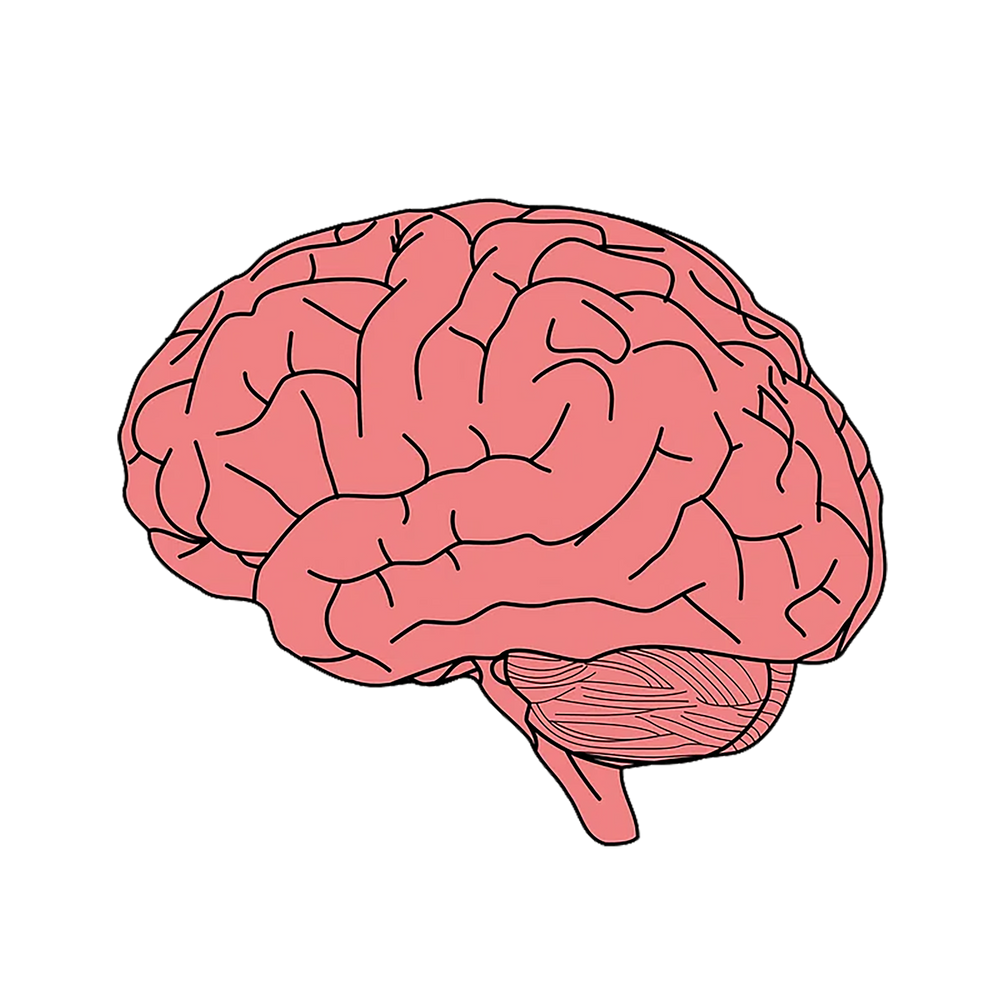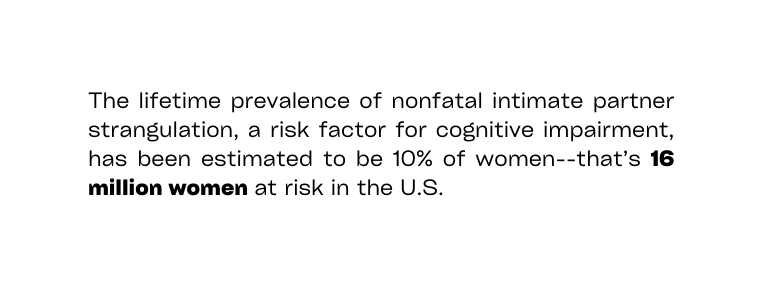
Anoxic brain injuries lead to disability and prolonged short-term memory loss for tens of thousands of people in the US every year.
Anoxic & hypoxic brain injuries (let’s call them AHBI) are unique. Because they occur when the brain is deprived of oxygen, they result in global cell death, which is more likely to be catastrophic than other types of brain injury. Many survivors never recover mobility after anoxia, and for those who do, persistent short-term memory loss--think 50 First Dates--is common and debilitating.
Too many people like my brother - who still has severe short-term memory loss a year after his overdose - require full-time care, do not qualify for clinical trials, and are offered little hope. Their caregivers are warned about the slim chances of recovery, and when it comes to traditional interventions, AHBI recovery does typically move more slowly. But there are incredible recovery stories, too. In reality, we simply don’t have enough evidence to definitively say what can or cannot help in the long-term. Additional research is direly needed.
Despite the large number of AHBI survivors, there’s a dearth of research, attention, funding, and help given to this population. We need to do more.
GET INVOLVED
ahbi TASK FORCE
We need an official task force between brain & heart organizations that’s dedicated to finding solutions for AHBI survivors. If we combine forces, we can build a new reality for this silently suffering population.
Email me to be part of the team.
RESEARCH
Are you able to gather data in your state or hospital system? While excellent tracking systems are now in place for cardiac arrest and TBI, capturing data on AHBI specifically is imperative to lay the foundations for further research. Novel treatment and mechanistic research on memory impairment is also urgently necessary.
AWARENESS
There’s a gap between the information that exists and what families are actually informed of. Many patients are taken off of life support far too early, and many AHBI survivors aren’t given the resources they need. There’s an awareness problem in the US.
Do you have ideas for how to spread awareness in the medical community & general public?
RESOURCES
RESOURCES
BRAIN INJURY ASSOCIATION OF AMERICA
A guide to all things brain injury. Find your state chapter for more localized resources.
National Association for State Head Injury Administrators
A guide to all things brain injury
MORE COMING SOON.
SOURCES
SOURCES
1. Long Term Cognitive Function After Cardiac Arrest: A Mini-Review (National Library of Medicine)
2. Long-term cognitive impairment after acute respiratory distress syndrome: a review of clinical impact and pathophysiological mechanisms (BioMedCentral)
[OUT OF TOWN, UPDATING THIS PAGE SHORTLY]







